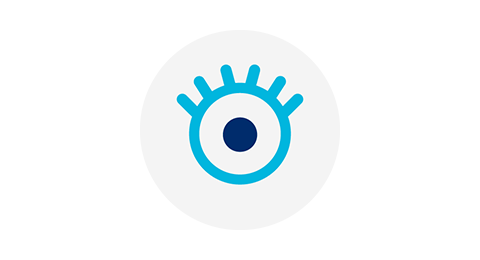GS1 Standards provide a common basis for companies that allow for products, locations, assets, transactions, etc. to be uniquely shared, captured and shared.
GS1 identification keys are unique identification numbers that can be used worldwide. These identification keys are generally used to identify the following things:

All GS1 identification keys can be converted to machine-readable data carriers so that the encoded information can be read automatically. For example, a barcode can be scanned at the checkout.
There are several types of barcodes and other data carriers in which the identification keys, and potentially additional information, can be encoded.
The type of data carrier you use will depend on the type and amount of information you want to encode, the scanning environment, the material on which you need to print the data carrier and possibly the requirements of your business partner.

GS1 offers various solutions for the standardised exchange of product data or to exchange commercial, logistical and financial messages (e.g. electronic invoicing). These solutions can be divided into different categories. Check the table below to see which solution you need for your category.

GS1 offers various solutions and applications to make it easier for members to implement the GS1 standards.
For example, you can use My Product Manager for the creation of GTINs and barcodes or manage your GLNs in My Locations Manager.
Are you not sure which solution or application you need for your question? Then please contact our general helpdesk!

